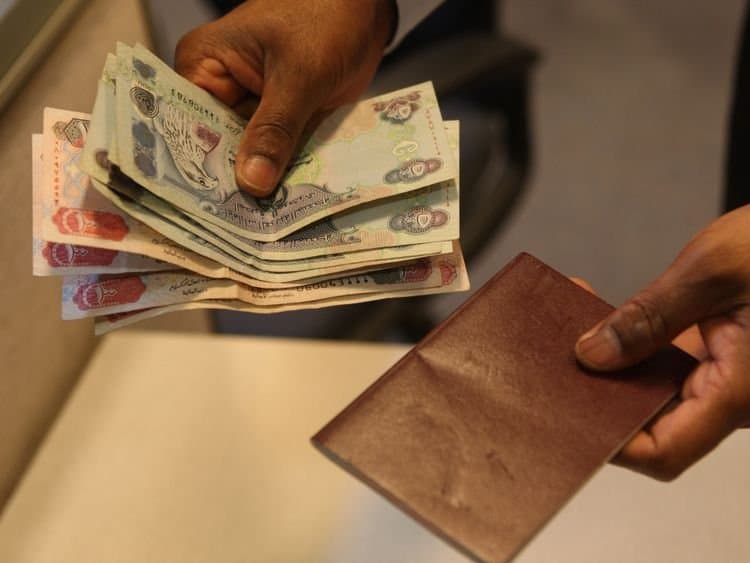
Illegalities of Lending Money in the United Arab Emirates
Lending money is quite a common practice in most societies and is often done without much forethought. However, in the United Arab Emirates, it is not as simple as it seems. The country may be known for its wealth and prosperity yet. It also enforces strict regulations on loans and other financial agreements. The violation of such laws can result in severe penalties. Keeping this in mind, this article will explore the various illegalities of lending money in the UAE and examine the reasons behind these restrictions.
The Central Bank regulates lenders and mandates licensing for all types of lenders, including commercial banks, investment banks, investment businesses, finance companies, Islamic banks, and Islamic finance firms. A letter of application, a few of the applicant's corporate documents, and a business plan are all necessary documents the Central Bank must receive to grant permission for one or more regulated financial operations, following the Central Bank and Banking System Regulatory Law 2020.
The Central Bank does not mention the specific paperwork needed for the license. But the applicant can anticipate being informed if more paperwork is required before the application can be processed. According to the New Banking Law, the Central Bank must grant its approval within 60 working days of submitting all the required documentation as a part of the application. The Central Bank will reject the application if the Applicant does not hear, after 60 working days.
The following highlights some of the various forms of illegal money lending in the UAE:
- Usury Transactions
Interest payments are expressly forbidden by Sharia Law ('riba'). Interest can be compound or simple in this context. The purpose of this transaction is to prevent unfair treatment of participants in both business and personal dealings. The basics of the relevant Sharia Law are reflected in Article 458 of Federal Decree-Law No. 31/2021 which claims that charging excessively high-interest rates is illegal and should be punished with a fine or both.
- Unlicensed Lending/Personal Lending
In the UAE, it is strictly prohibited for individuals to engage in the practice of lending money on interest. Only licensed banks and financial institutions working under the regulations are authorized to lend money on interest. Any individual who engages in this activity will be considered to have committed a criminal offense and will be subject to penalties.
However, it is permissible for an individual to lend cash to personal acquaintances or friends without charging interest to protect their financial interests. The lender should execute a written agreement with the borrower, outlining the repayment. If the borrower fails to repay the loan, the lender may initiate legal action through the appropriate civil court.
- Islamic Banking
Islamic Law permits only one form of loan, known as qard-el-hassan, in which the lender does not impose any interest or additional charges on the money lent. Instead, the lender shares in the profits or losses resulting from the use of the loaned funds. In contrast to the interest-based commercial banking system, where the burden of risk and reward is solely on the borrower. Islamic finance operates on the principle that the depositor, the bank, and the borrower should all share in the risks and rewards of financing business ventures.
- Compound Interest
The charge of compound interest has been discretionary. However, the New Banking Law clarified the capability of financial institutions and banks to charge interest under more complex facilities of lending. It also prohibits banks and financial institutions from charging interest on accrued interest (compounding) on any funding or credit facilities given to customers.
Keeping all the above information in mind, it is essential to understand the various illegalities of lending money in the UAE. Other practices which are considered illegal include predatory lending, harassment or intimidation, using fraudulent documents, pawnbroking without a license, black market lending, and money laundering. Lending money is an act that requires very little forethought. We must be aware of the illegal practices to either avoid becoming a victim or unwittingly engaging in such illegal activities.
For any legal queries or information, contact ask@tlr.ae or call us on +971526443004